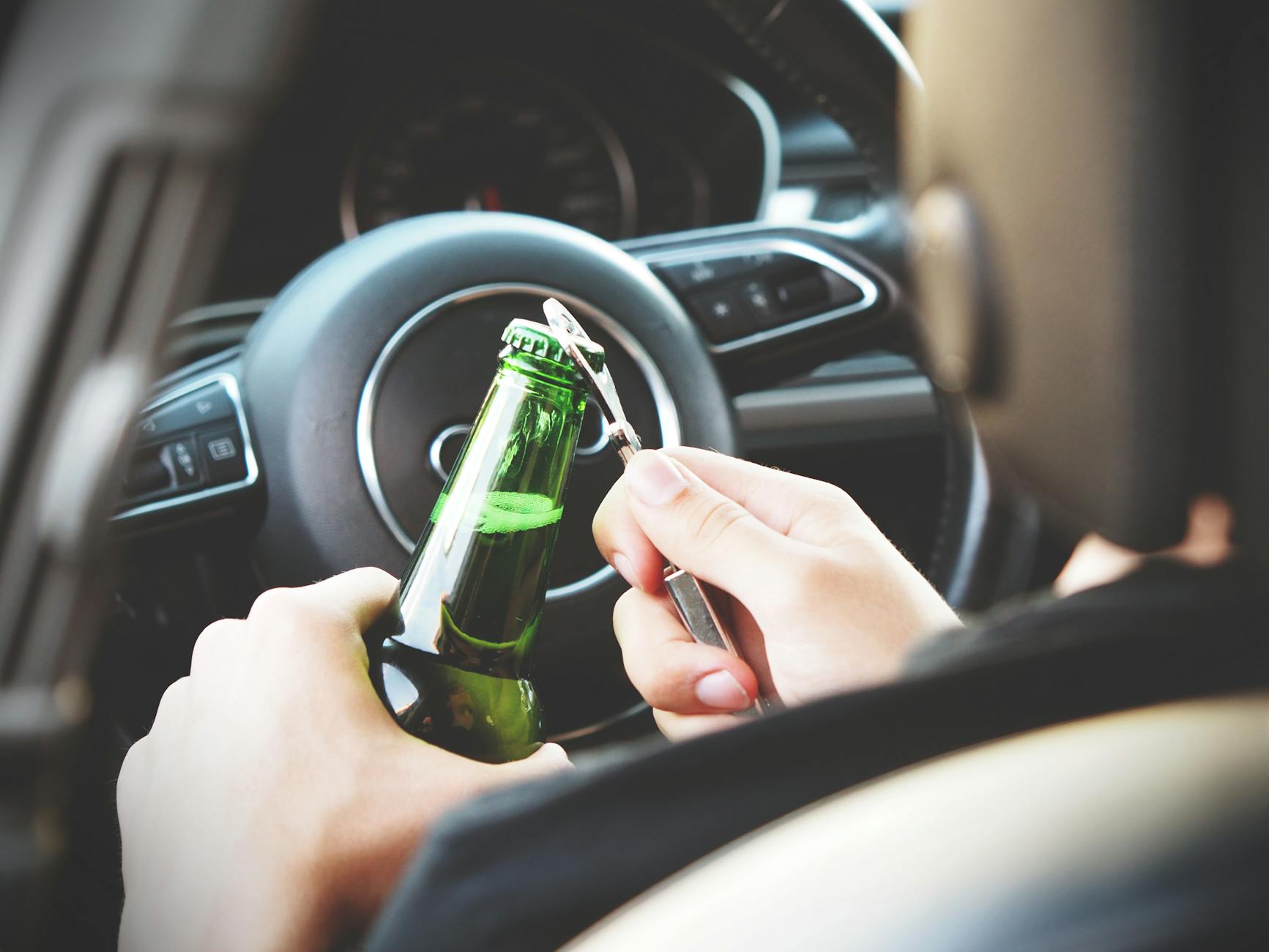Discover the surprising truth behind alcohol tolerance levels and the answer to the age-old question: How many beers until drunkenness?
Table of Contents
When it comes to alcohol consumption, one of the most common questions that people have is: “How many beers does it take to get drunk?” It’s a question that doesn’t have a simple answer, as the number of beers it takes to become intoxicated can vary significantly from person to person. In this blog post, we will delve into the science behind alcohol intoxication, exploring the factors that influence how many beers it takes to get drunk.
Understanding Alcohol Metabolism
Alcohol metabolism is a complex process that occurs in the body after consuming alcoholic beverages. When you drink alcohol, it enters the bloodstream through the stomach and small intestine, eventually making its way to the liver where it is metabolized. The liver contains enzymes that break down alcohol into acetaldehyde and then into acetate, which can be further broken down into carbon dioxide and water.
The rate at which alcohol is metabolized can vary depending on a variety of factors, such as body weight, gender, and genetic factors. Generally speaking, individuals with more body fat tend to metabolize alcohol more slowly than those with less body fat. Additionally, women typically have a lower tolerance for alcohol than men, as they tend to have less of the enzyme responsible for breaking down alcohol in the liver.
Individual Tolerance Levels
When it comes to alcohol consumption, tolerance refers to the body’s ability to handle increasing amounts of alcohol before feeling intoxicated. Tolerance can vary widely among individuals and can be influenced by a number of factors, including genetics, regular alcohol consumption, and overall health.
Regular alcohol consumption can lead to an increase in tolerance over time, as the body becomes more efficient at metabolizing alcohol. However, it’s important to note that having a high tolerance does not make someone immune to the negative effects of alcohol, such as impaired judgment and coordination.
Influencing Factors on Intoxication
Several factors can influence how many beers it takes to get drunk, beyond just the number of drinks consumed. The type of alcohol consumed can impact intoxication levels, as drinks with higher alcohol content will lead to intoxication more quickly than those with lower alcohol content.
Additionally, factors such as food and hydration can play a role in how alcohol is absorbed and metabolized in the body. Eating a meal before drinking can help slow down the absorption of alcohol, while staying hydrated can help reduce the overall effects of alcohol on the body.
It’s also important to consider the impact of medications and other substances on intoxication levels. Some medications can interact with alcohol, either enhancing or reducing its effects. It’s crucial to be aware of how alcohol may interact with any medications you are taking and to speak with a healthcare professional if you have any concerns.
In conclusion, the question of how many beers it takes to get drunk is not a straightforward one. Alcohol metabolism, individual tolerance levels, and various influencing factors all play a role in determining how alcohol affects the body. By understanding the science behind alcohol intoxication and considering these factors, individuals can make informed decisions about their alcohol consumption and prioritize their safety and well-being.
Frequently Asked Questions
How can I tell if I am drunk?
Signs of drunkenness include slurred speech, impaired coordination, and changes in behavior. It’s important to know your limits and stop drinking if you notice these symptoms.
Does the type of beer affect intoxication levels?
Yes, beers with higher alcohol content will lead to intoxication more quickly than those with lower alcohol content. Be mindful of the ABV (alcohol by volume) percentage when consuming alcoholic beverages.
Can I improve my alcohol tolerance?
Tolerance can improve over time with regular alcohol consumption, but it’s essential to drink responsibly and know your limits to avoid negative consequences.
How does hydration impact intoxication?
Staying hydrated can help reduce the effects of alcohol on the body by slowing down absorption. Drinking water between alcoholic beverages can also help mitigate intoxication levels.
Generated by Texta.ai Blog Automation


Leave a Reply